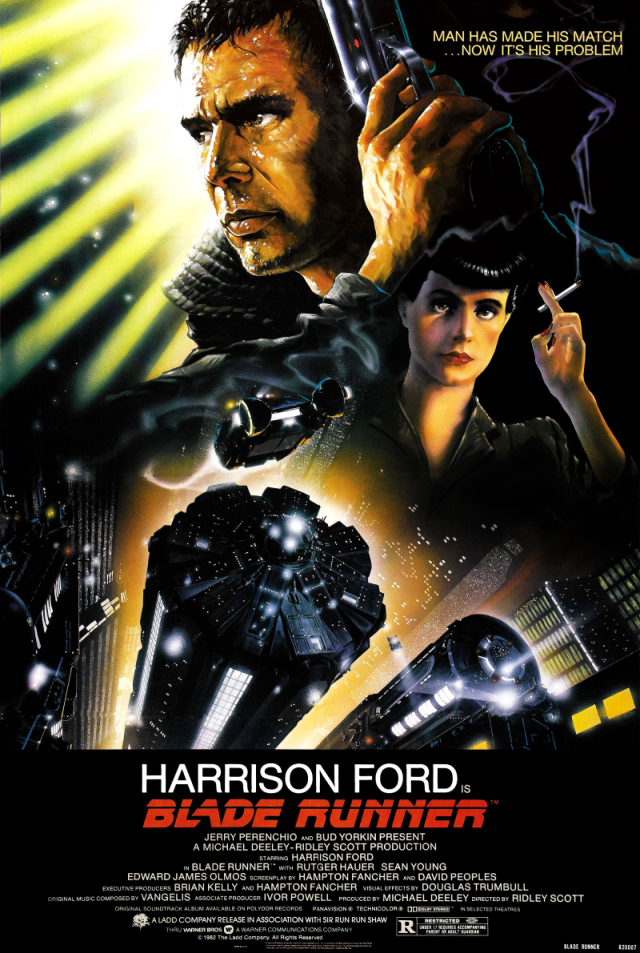
Back in the 90s, while I was still on active duty, I joined a Compuserve online forum for active and veteran military members. I remember a post by an Air Force captain retelling an incident that happened in the skies over Iraq during Operation: Desert Storm.
This occurred during the initial combat missions while the Coalition Forces were establishing air supremacy. On one mission, the captain was flight commander for about half a dozen fighters. They were flying above the clouds when his wingman reported a radar contact underneath the clouds. The IFF (Identify Friend or Foe) transponders did not indicate that these were friendly planes, so his wingman recommended attacking (which, under the rules of engagement at that phase, was the correct response).
Something about the whole thing felt off to the captain. He instructed the flight to wait for visual confirmation.
The ground controllers also noticed and ordered him to take action. He held his ground (so to speak) and repeated his last command: wait for visual confirmation.
When the cloud cover broke and the bogeys were identified, it confirmed his gut sense. They had almost fired on a pair of British Tornados, who were way out of their zone and had their IFF transponders off.

On a long enough timeline, all of us experience incidents where a silent voice inside compels a decision, either in the absence or the defiance of what we see and hear. I had one such case myself.
It was the summer of my tribulation, when I was out of work for nearly a year. One weekend in late August, as I was leaving a church group, I heard a quiet Voice inside of me, warm and yet authoritative: “Leave this church now.”
That was a scary thing for me to do. I was nearly bankrupt and had almost gotten arrested for bouncing a check on a speeding ticket. More importantly, I felt like I needed my church’s support to get through those tough times. By leaving them, I was completely on my own, for all intents and purposes.
But with the power I could feel behind that Voice, I knew I had to obey. More importantly, I believed that everything would work out in the end. Because the Voice said so.
In this modern age, it seems ridiculous to make major decisions based on a gut feeling. The Age of Enlightenment brought us the scientific method and rationality, both of which triumphed over the ignorant superstitions of the Middle Ages. And in the Digital Age, we have advanced technology that can map both the most distant galaxies, as well as track the smallest quark. Not to mention an abundance of data where advanced algorithms seem to run nearly everything in the world.
And yet, Voices From Beyond still speak to us.
In 1977, science fiction author Philip K. Dick gave a speech at a convention in France suggesting that reality is a simulation, and alternate, parallel worlds could also exist. The themes of the simulation wove shone in his work, including Do Androids Dream of Electric Sheep? (which would later be adapted into the film Blade Runner), as well as The Man in the High Castle (later adapted into a television series on Amazon Prime).

This isn’t idle speculation. Serious philosophical and scientific papers have debated the possibility of reality as a simulation. It’s only very recently, when Elon Musk suggested the idea on one of Joe Rogan’s podcasts, did the Simulation enter into mainstream thought.
Perhaps the best-known depiction of the Simulation is the 1999 movie The Matrix. Artificial intelligence has trapped all of humanity in a massive virtual-reality simulation of the late 90s. But as anyone versed in technology knows, occasionally the computers screw up, resulting in odd occurrences in the simulation.
Or as the film calls it, glitches in the Matrix.

In our reality, we have our own Glitches in the Matrix:
- Déjà vu: a sense that a place you’ve seen or an event you’ve experienced has happened before, even though you know it hasn’t.
- The Mandela Effect: memories you know to be true beyond doubt are proven to be false.
- Synchronicity: odd coincidences that have no logical connection, yet seem somehow related. First proposed by Carl Jung and later popularized by The Police.

A connecting principle
Linked to the invisible
Almost imperceptible
Something inexpressible
Science insusceptible
Logic so inflexible
Causally connectible
Nothing is invincible
The Police, “Synchronicity I” (1983)
The point being, what we often believe to be real are often tricks our mind plays on us. The entirety of the cosmos is far more mysterious than our logical brains are capable of containing. Those who are aware of this are capable of exploiting our minds, either to believe something that isn’t true, or to wake us up from the Matrix prison we’ve become entrapped. This was demonstrated earlier this spring by an eerie viral video put out by the US Special Forces.
These, of course, are modern rationalizations of the unexplainable. In ancient times, people referred to these as visions and prophesies. By the most basic definition, prophecy is simply a message from God to people, given through messengers known as prophets. (Prophets are not the same as priests, as a priest moves in the other direction: interceding on behalf of the people before God.)
Nowadays, though, prophecy seems to have fallen into the same disrepute as fortunetelling. Nobody believes that the future can be foretold.
Or can it?
In the last few months before I left Kentucky, I was in a prayer session with a mixed group. An older man opened his eyes and looked at me. He had seen me sitting at a table in front of a panel and told me God was going to intervene at the very last minute. He also said that it would be nothing like I had ever expected. (I had told no one then that I was looking for a new job.)
Fast forward a few weeks. I had gotten a modest offer from a company for a remote position. (Nothing I was enthusiastic about, but it was a ticket out.) While I was contemplating the offer, another recruiter set me up for an interview with another company. They were so excited about my candidacy that within 48 hours after the initial screen, I had a much better offer in an industry I liked better.
As an engineering major in college, I was taught to be skeptical of the intangible, and instead focus on what can be observed, measured, and recorded. But I also had a minor in physics, which came along with three semesters of quantum physics. Quantum taught me that sometimes things can exist in an ambiguous state (see Schrödinger’s Cat), and even the mere act of observation can actually alter the outcome of an event.
The classical philosopher René Descartes argued the concept of dualism, how the body is separate from the mind. (Some might even argue the spirit or soul, instead of the mind.) In critiquing Descartes, the modern philosopher Gilbert Ryle coined a phrase that has since permeated pop culture:
Ghosts in the Machine
What, are we?